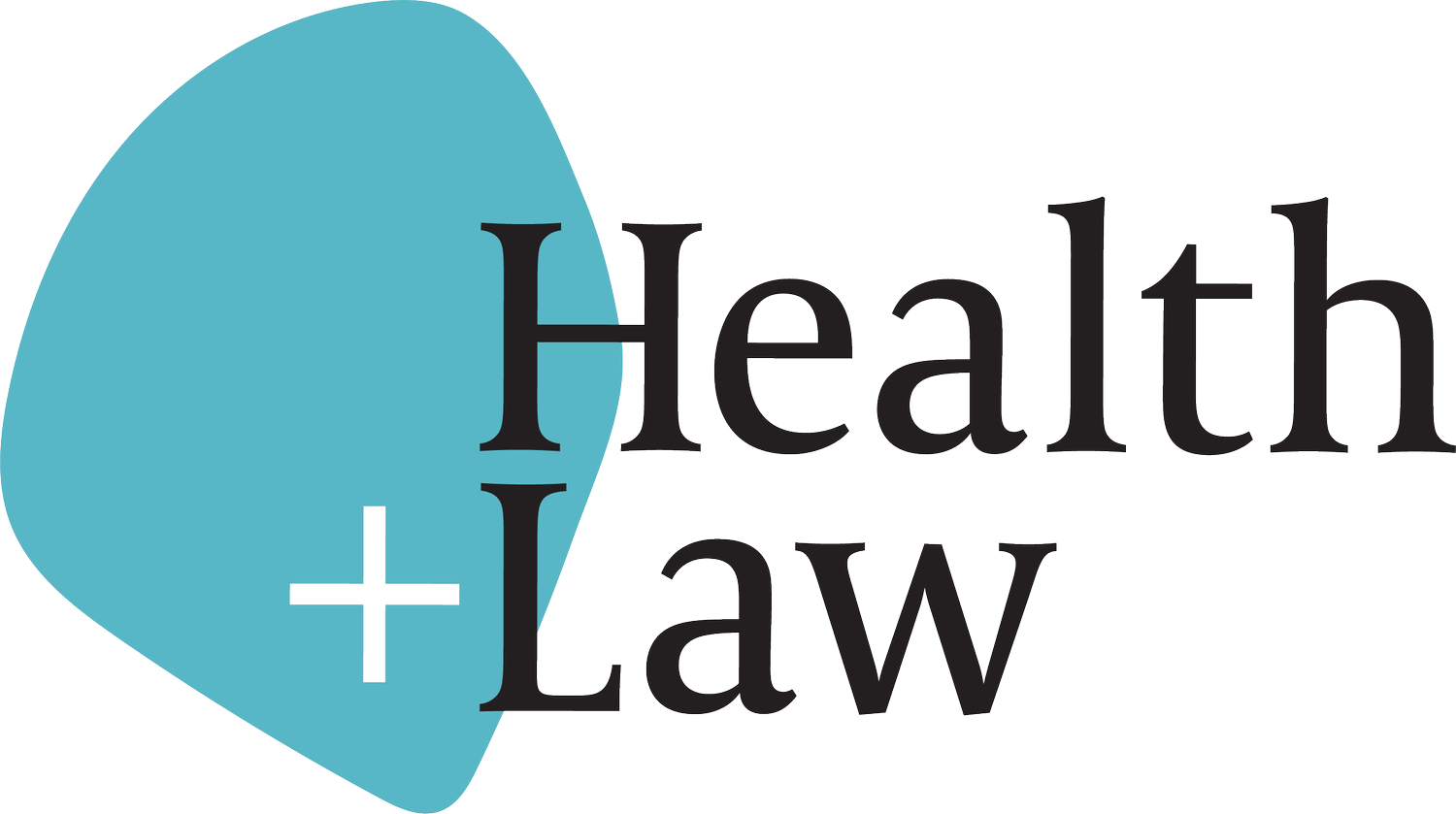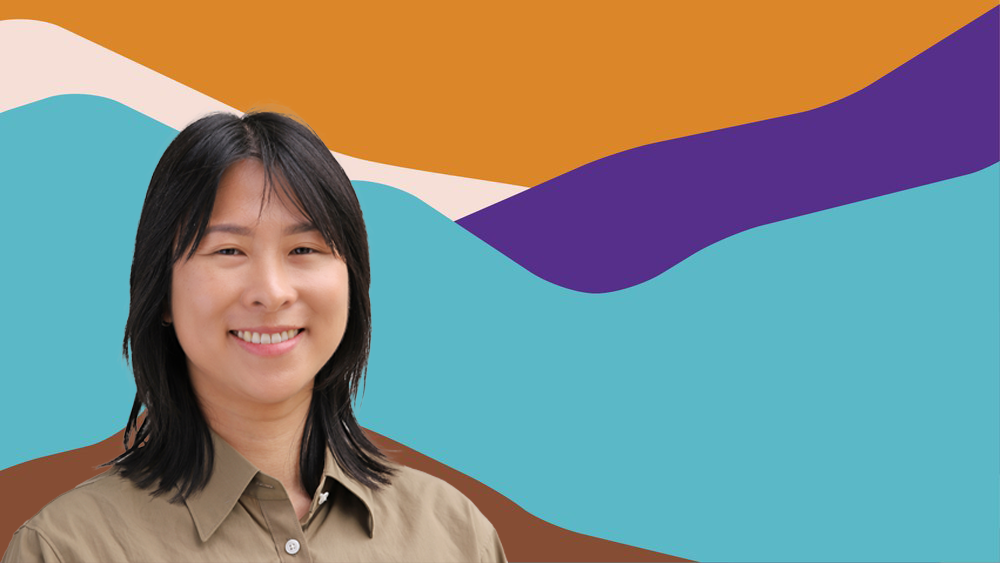Health+Law New Team Member Interview: Louisa Luong
Louisa Luong joined the Health+Law team earlier this month as a research assistant, working primarily on the Legal Needs Study. Louisa has a background in migration law and was a solicitor at the Refugee Advice and Casework Service (RACS), providing casework and legal advice across a range of migration matters.
We spoke to Lou about her experience and role.
What is your professional background? Can you tell us about your previous work experience?
My background is in migration law and before coming to Health+Law, I was a solicitor at Refugee Advice and Casework Service (RACS), which provides free specialist refugee legal advice and services to NSW. I worked closely in the community with clients from torture and trauma backgrounds, women who have experienced domestic, family or gender-based violence, members of the LGBTQIA+ community, stateless people, and unaccompanied minors. I provided casework and legal advice across a range of migration matters at Departmental, Immigration Assessment Authority (IAA) and Administrative Appeals Tribunal (AAT) review stages.
Prior to legal practice, I was the coordinator of the Afghanistan Crisis Response Clinic at RACS, which involved assisting clients in reuniting with family members affected by the 2021 Taliban takeover of Afghanistan through offshore humanitarian and family stream visa pathways. I was also a research assistant at UTS across multiple projects (including for Anthea Vogl, one of Health+Law’s chief investigators) with a focus on international and domestic refugee law.
What is your role at Health+Law ?
I am a research assistant for the project, working predominantly on analysing and coding the qualitative data collected from interviews in each state and territory, and then transferring our findings into reports and resources for health, community and legal sector organisations.
What most excites you about the role?
Health+Law is an expansive and valuable project that is committed to identifying the legal issues experienced by people living with hepatitis B or HIV. I am thrilled to be able to contribute to work that serves communities of people that have been largely underrepresented in contemporary research. This project provides a platform for participants to share their stories and experiences in a holistic way – in contrast to the migration process, which can be very restrictive and often dehumanising. I am especially excited to be involved with finding trends and patterns between the intersection of migration and public health in Australia that will then go on to produce practical resources for HIV- and hepatitis-related community organisations.


